Products
TENESSY Main Products
TENESSY offers a comprehensive range of construction and industrial additives, with a focus on cellulose ethers and supporting admixtures. From tile adhesives to self-leveling mortars, from detergent thickeners to oilfield chemicals — we deliver consistent quality and customized performance for your formulation needs.
Cellulose Ether Products
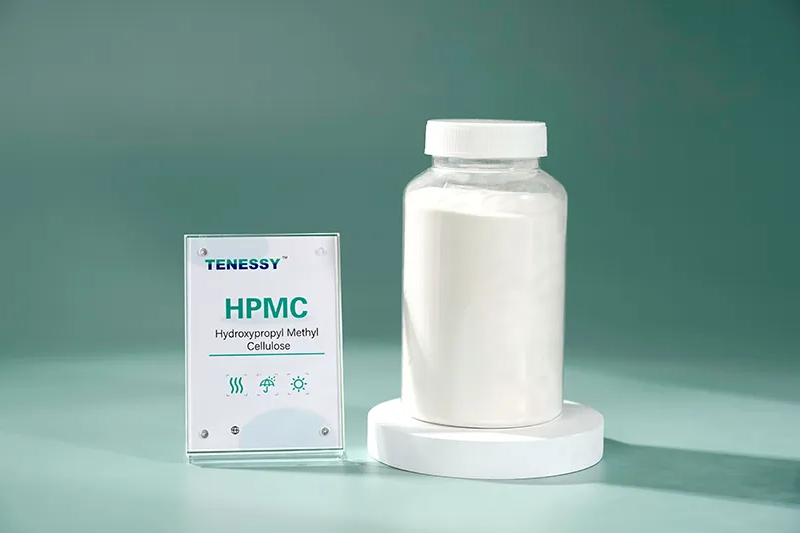
Hydroxypropyl Methyl Cellulose
HPMC has two major series: slow-melting type and instant-soluble type. Instant-soluble HPMC is often used in daily chemical products.
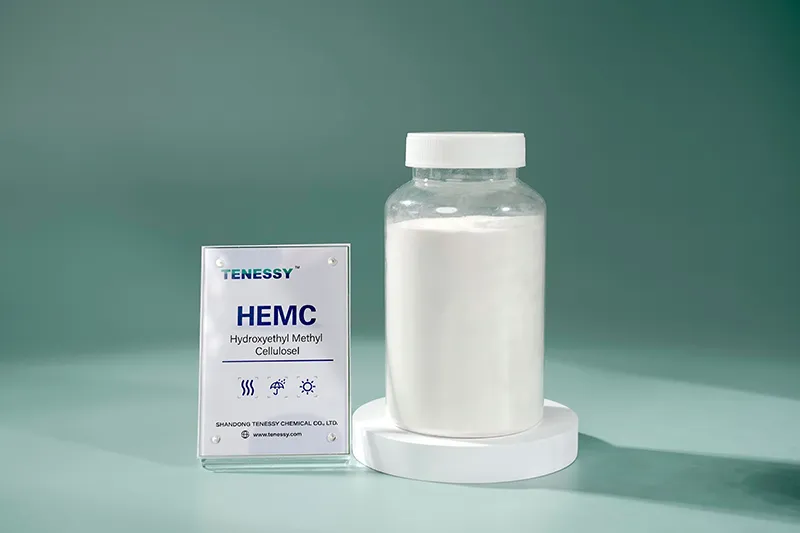
Hydroxyethyl Methyl Cellulose
HEMC has better water retention, viscosity stability, mildew resistance and dispersibility than HPMC. More suitable for coatings and building materials.

Hydroxyethyl Cellulose
HEC is suitable for oil extraction, daily chemical cleaning, textile and paper making and other fields. Stable within the pH range.
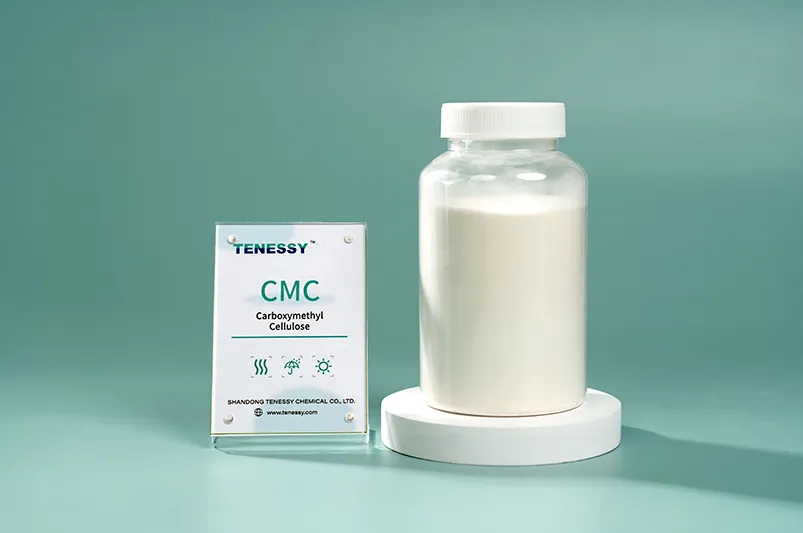
Sodium Carboxymethyl Cellulose
CMC has excellent solubility, thickening and water retention properties and is widely used in construction, ceramics, oil fields and daily chemical industries.
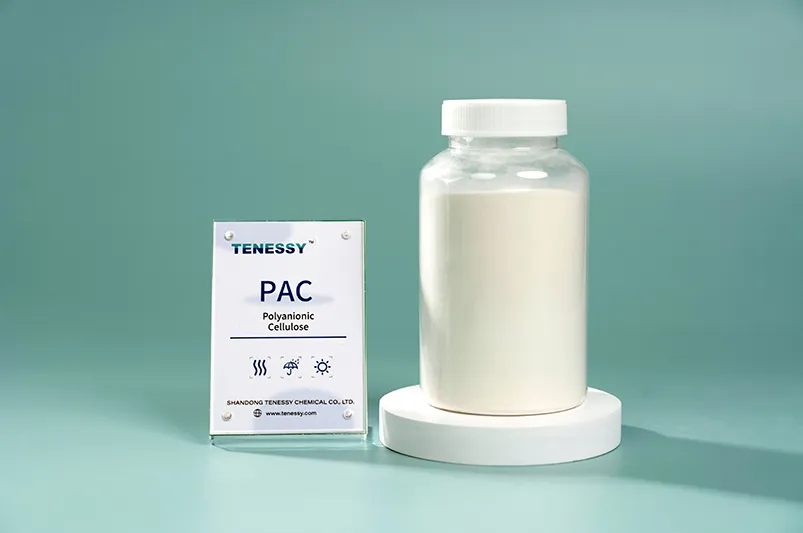
Polyanionic Cellulose
PAC has excellent fluid loss control, salt resistance and thermal stability. It is widely used in oil drilling, ceramics and construction.
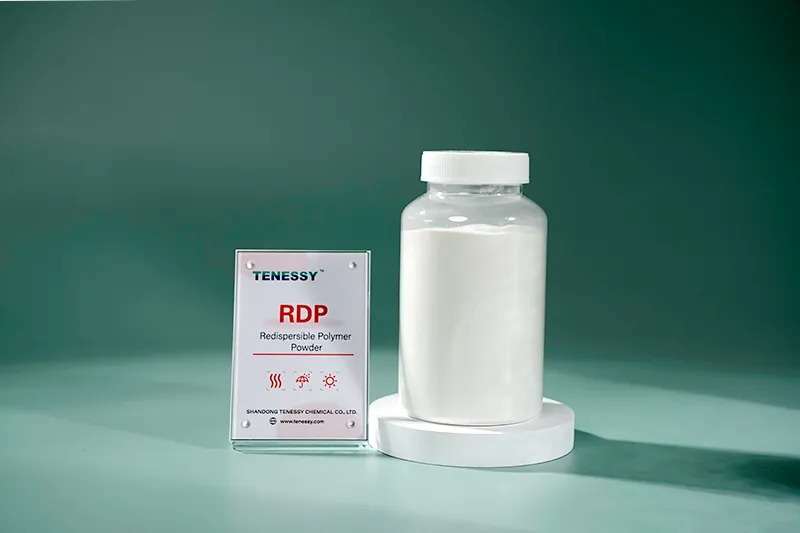
Redispersible Polymer Powder
RDP enhances the adhesion, flexibility and crack resistance of dry-mix mortar.Improve flexural strength and wear resistance.
Other Functional Additives
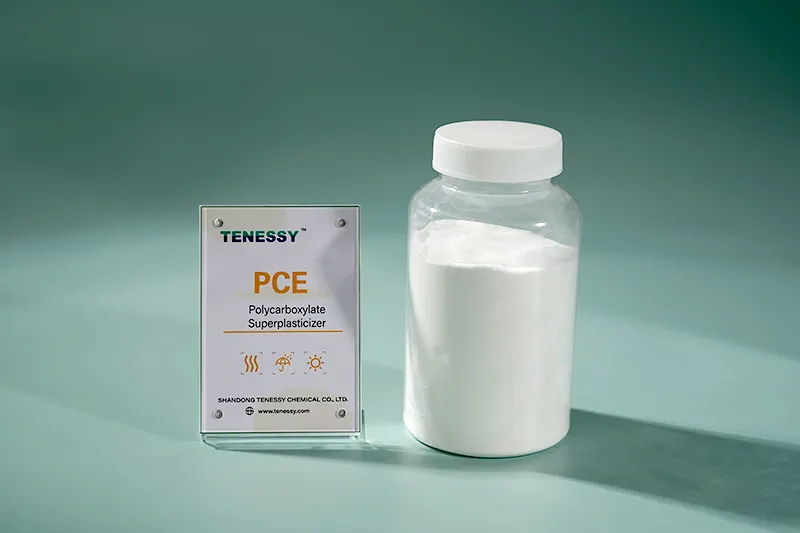
Polycarboxylate Superplasticizer
PCE has high water reducing efficiency and flow retention for concrete and mortar.
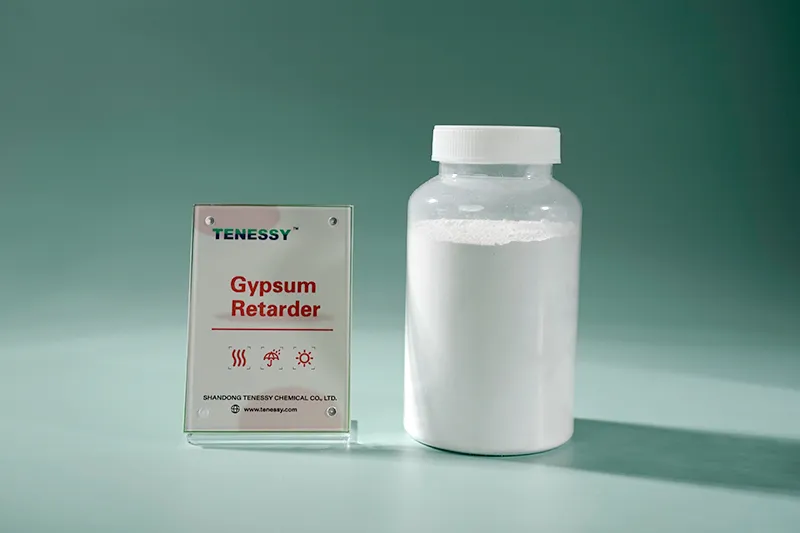
Gypsum Retarder
Amino acid-based set retarder for gypsum plasters and boards — better control, better workability.
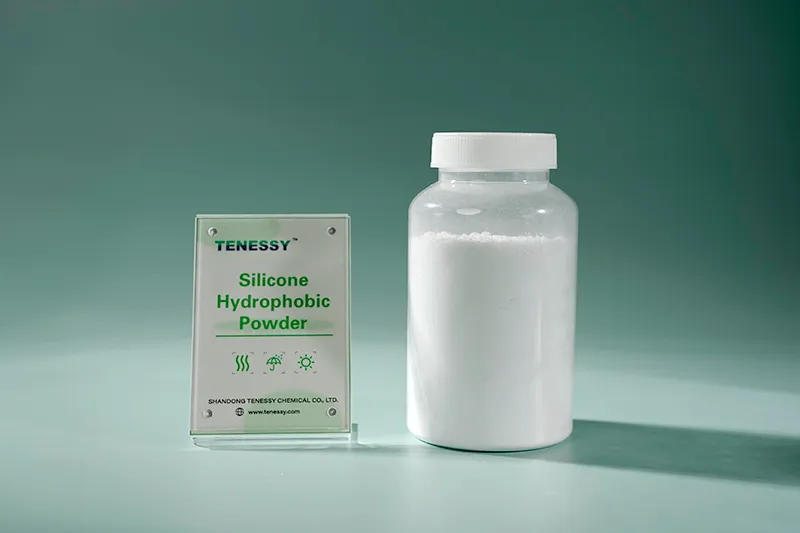
Silicone Hydrophobic Powder
Enhances the water resistance of materials such as tile adhesives, grouts and plasters.
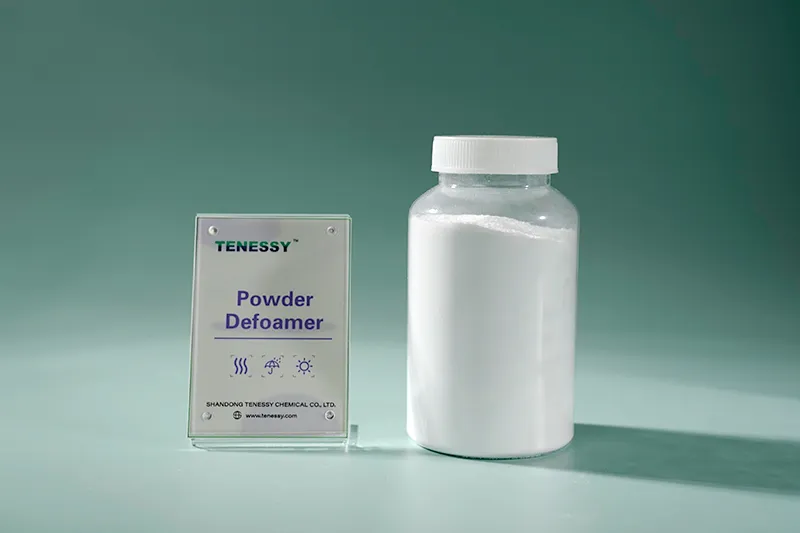
Powder Defoamer
Powder Defoamer effectively suppresses foam, enhances surface smoothness, and improves mechanical strength.
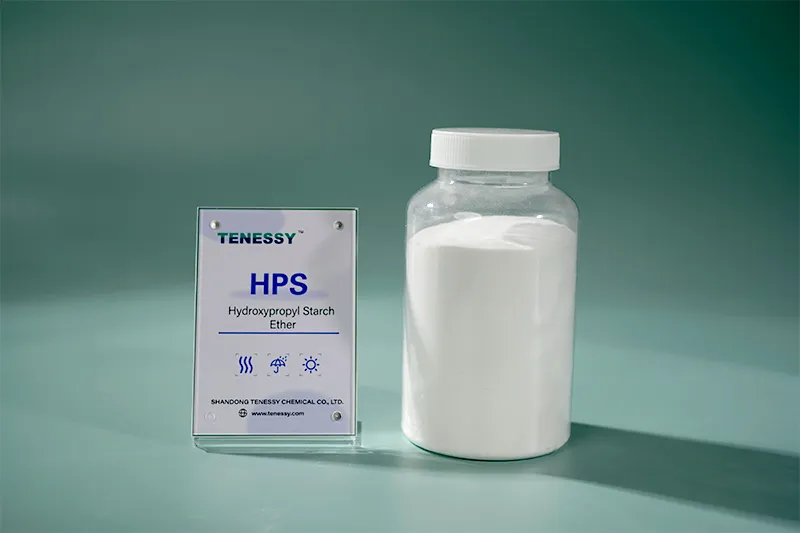
Starch Ether
HPS can improve the anti-slip and thixotropic properties of dry-mix mortar and is commonly used in tile adhesives, putties and plasters.
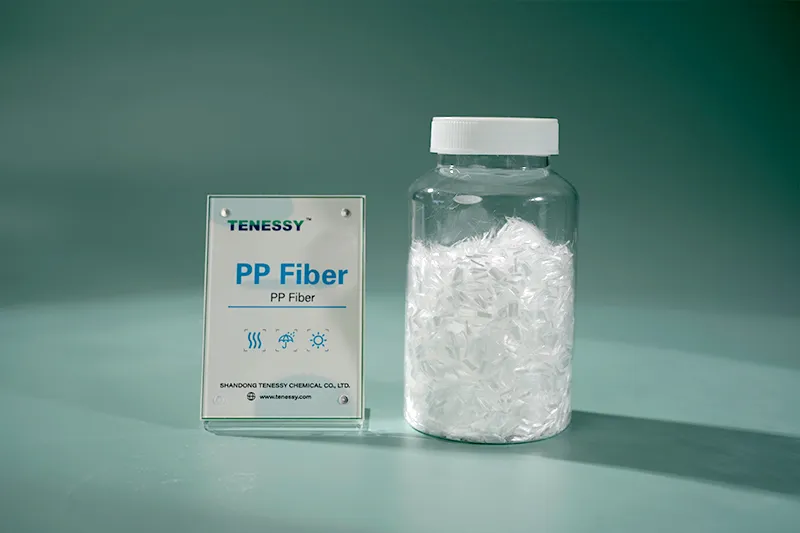
PP Fiber
PP fiber is widely used in mortar and concrete, which can effectively prevent shrinkage cracking and improve durability.
Industry Applications
Optimized for construction, daily chemicals, pharmaceuticals and food
Our cellulose ethers are carefully designed to enhance water retention, workability, thickening and open time in a variety of applications.
🧪 Choose the right cellulose ether grade based on your application needs.
Advantages in product development and production
Manufacturing Excellence Behind
Every Grade
- More product TDS/MSDS technical documents download portal
FAQ
Frequently Asked Questions about Cellulose Ethers and Additives



